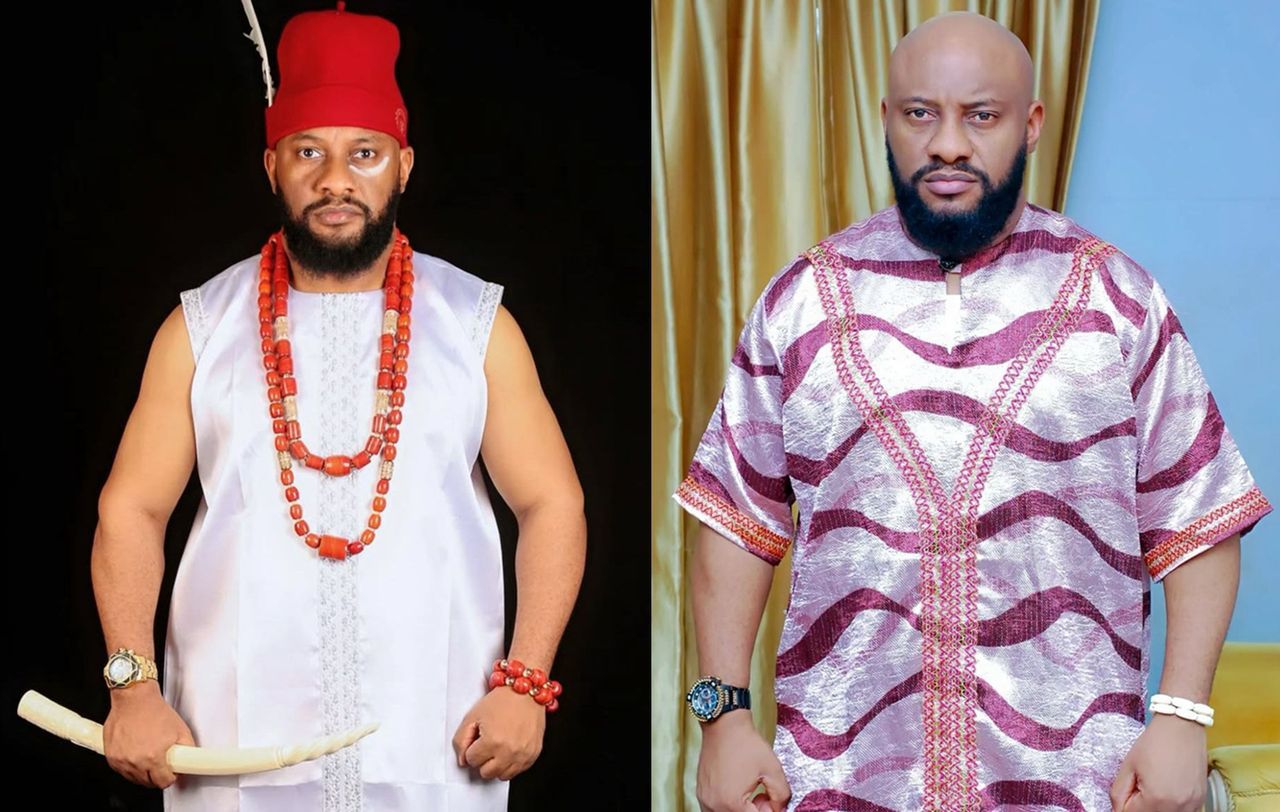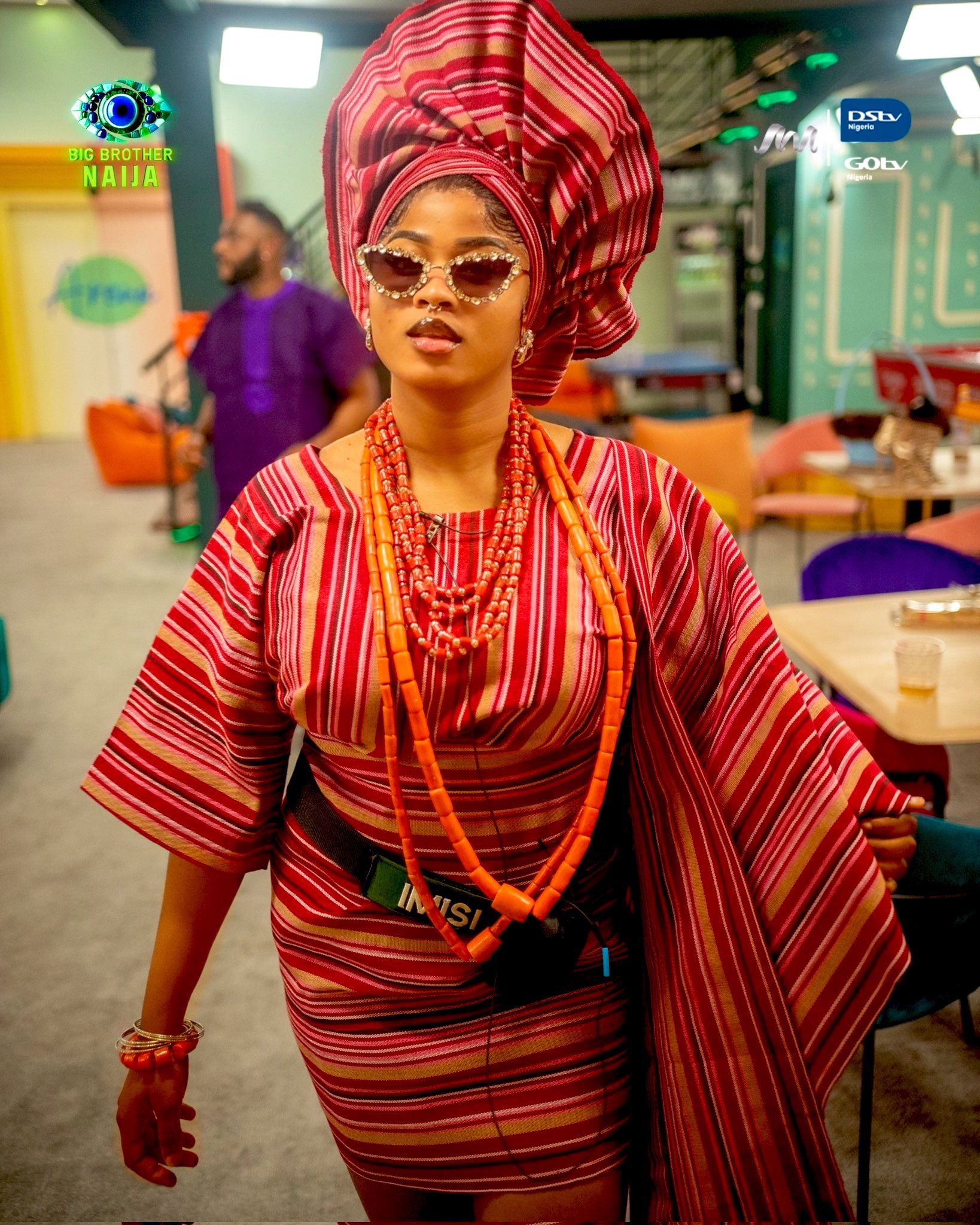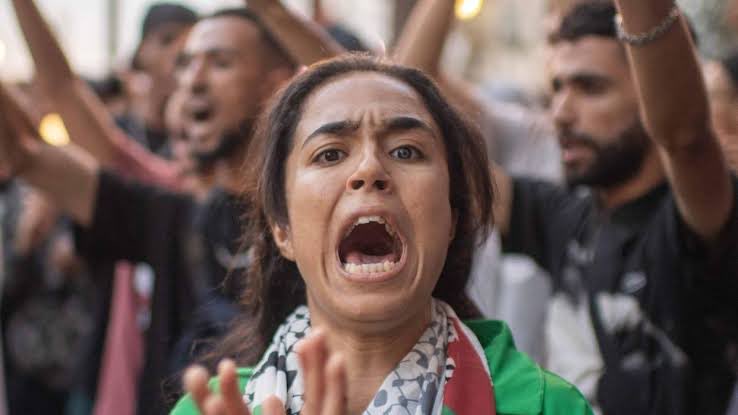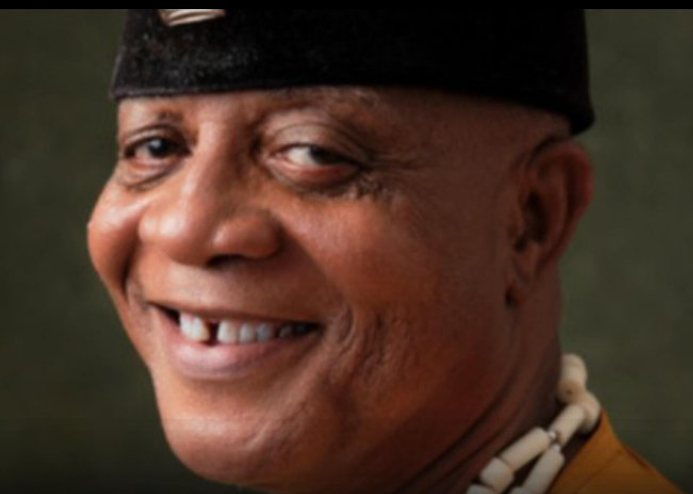
“It’s Time for the South East to Lead” – Yul Edochie Sparks National Debate with Bold Presidential Declaration

Nigerian actor and former presidential aspirant, Yul Edochie, has stirred nationwide discussion following his bold declaration that the next President of Nigeria should, in the spirit of fairness and equity, emerge from the South East. In a country deeply divided along ethnic and regional lines, Edochie’s statement is already fanning the embers of political discourse, reigniting questions about zoning, national unity, and the longstanding marginalization of the Igbo people.
Taking to his official platform with a tone both direct and reflective, the Nollywood star emphasized the principle of justice in his demand, stating unequivocally that Nigeria cannot claim to be one nation if a particular region continues to be sidelined when it comes to the nation’s highest political office. His statement comes at a time when the political atmosphere is already charged with speculations ahead of the 2027 general elections, with parties quietly preparing their strategies and power blocs forming behind the scenes.
“The next President of Nigeria should come from the South East, in fairness and equity,” Yul Edochie declared, drawing immediate attention from both his fans and political observers. “Every region in Nigeria has tasted the presidency except the South East. If we are truly one Nigeria, then it is time to give the South East a chance.”
This sentiment, while not entirely new, carries a renewed urgency in light of Nigeria’s current socio-political climate. The South East, predominantly populated by the Igbo ethnic group, has long complained of exclusion and systemic bias since the end of the Nigerian Civil War in 1970. Despite contributing significantly to Nigeria’s economy, culture, and innovation, the region has never produced a democratically elected president since the return to civilian rule in 1999.
Edochie’s statement is not only resonating within the South East but also across other regions of the country where advocates of equity and justice have continued to push for inclusive governance. However, critics argue that Nigeria’s leadership should not be reduced to a matter of regional rotation or ethnicity but competence and capacity. Yet, the prevailing mood in the nation suggests that many Nigerians are increasingly aligning with the idea that representation must reflect the country's federal character to foster national cohesion.
Reactions to Edochie’s statement have been swift and varied. While some Nigerians have lauded his courage for saying what many in the political elite have been hesitant to declare publicly, others have accused him of playing the ethnic card, claiming such comments only deepen division. But the reality remains: the conversation about the South East producing Nigeria’s president is not one that can be swept under the rug any longer.
Social media platforms erupted shortly after his statement went viral, with hashtags like #SEforPresident2027 and #IgboPresidencyNow trending across Twitter and Facebook. Influencers, political analysts, and everyday Nigerians have weighed in, some recalling the 2023 general elections where Labour Party candidate Peter Obi, an Igbo man from Anambra State, garnered massive nationwide support, especially among young people, before ultimately losing at the polls amid a highly contested and litigated electoral process.
Many are now drawing parallels between Edochie’s declaration and the rising demand for political restructuring and justice across all sectors of Nigerian life. The argument being made is that zoning, though not constitutional, has served as a political balancing mechanism in Nigeria’s fragile union. It has helped manage the sensitive issue of ethnic power dynamics and regional inclusion. From Olusegun Obasanjo (South West) to Umaru Musa Yar’Adua (North West), Goodluck Jonathan (South South), and Muhammadu Buhari (North West), each administration has reflected regional diversity — except for the South East, which remains conspicuously absent from the list.
Yul Edochie’s statement is also significant given his own history. He once ran for political office and has consistently used his platform to speak on issues affecting national development, youth empowerment, and political accountability. Though often known for his acting and public controversies, in moments like this, he reminds Nigerians of his deep-seated desire for national progress and justice.
His call also arrives at a time when the country is experiencing immense economic hardship, insecurity, and rising youth disenchantment. Many believe that the inclusion of the South East in the leadership structure could heal historical wounds, open new avenues for national dialogue, and offer a renewed sense of belonging to millions of Igbos who feel left behind.
But for this vision to come to life, political parties, especially the two major ones — the All Progressives Congress (APC) and the People’s Democratic Party (PDP) — will have to show a genuine willingness to zone their presidential tickets to the South East. This will involve bold political will, internal party restructuring, and above all, the recognition that unity can only be sustained when fairness is not merely spoken but practiced.
Observers believe that beyond rhetoric, South East leaders and political actors must also rise to the occasion by presenting credible, unifying, and visionary candidates who can command national respect and foster the trust of Nigerians across board. While the desire for a South East presidency is gaining traction, the pathway to Aso Rock is not just through sentiment but also through strategy, coalition-building, and public trust.
Edochie’s statement may be the latest in the wave of calls for justice, but it is by no means the last. His voice, amplified by celebrity status and public resonance, has thrown yet another spotlight on the geopolitical imbalance in Nigeria’s democracy. Whether this will translate into real political action remains to be seen. But one thing is clear: the South East is done waiting in silence. The call for equity has been made again — this time not just by politicians or scholars, but by one of Nollywood’s most recognizable faces. And it echoes across the land.


